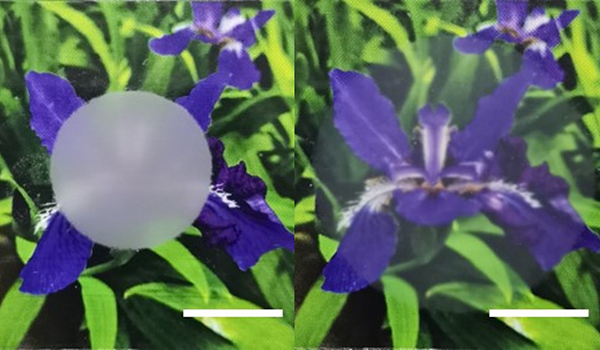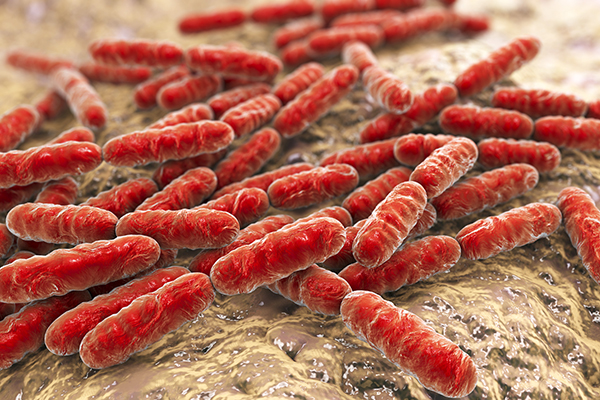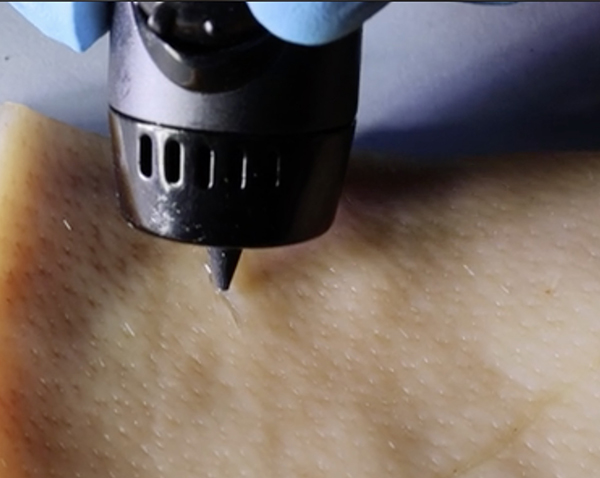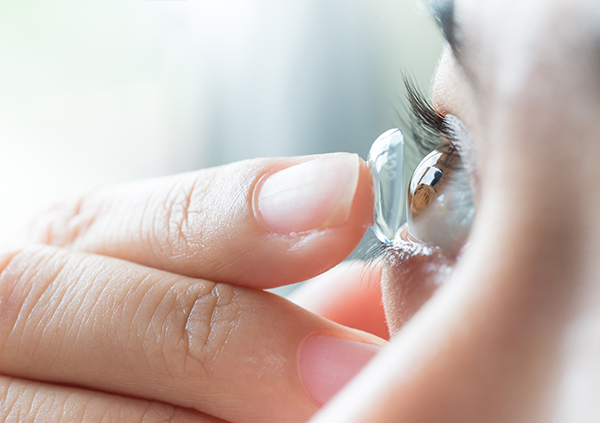FOR IMMEDIATE RELEASE
“Reduced Allergenicity of Shrimp (Penaeus vannamei) by Altering the Protein Fold, Digestion Susceptibility, and Allergen Epitopes”
Journal of Agricultural and Food Chemistry
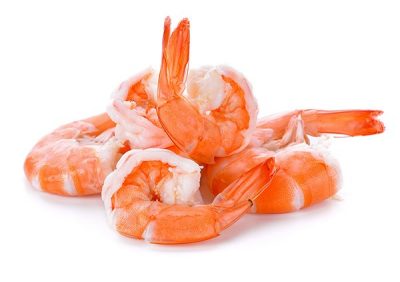
With the start of summer, many people will be firing up their grills and roasting everything from hot dogs to steaks. Shrimp won’t be on the menu for millions of Americans with seafood allergies, though a method reported in ACS’ Journal of Agricultural and Food Chemistry could change that. The researchers say that reverse-pressure sterilization can produce a less-allergenic shrimp product that, when tested in mice sensitive to the crustaceans, did not cause severe reactions.
Some of the most common foods that people are allergic to are dairy products, wheat, peanuts and seafood. The immune system mistakes some proteins from these foods for an intruder and launches a response against them. In minor cases, this can provide some discomfort or swelling, and in severe cases, it can be life-threatening. But the proteins that the immune system reacts to can be altered or degraded when heated, which might prevent antibodies from recognizing them, and thus make the food safer for people with allergies to consume. Studies on other shellfish, such as oysters, have suggested that allergenicity can actually increase after roasting, while others show that it decreases. So, Na Sun and colleagues wanted to understand exactly how allergens in shrimp change during post-processing. They also wanted to see if they could create a more hypoallergenic product.
The team separated samples of shrimp (Penaeus vannamei) into three groups. One group was raw and the second was roasted. The third group was roasted then treated with reverse-pressure sterilization, in which the crustaceans were exposed to a high pressure and steam. All three groups were mashed into pastes, and each was given to a separate group of mice that had a shrimp allergy.
Both the raw and roasted shrimp caused similar reactions, including increased levels of histamine and damage to the spleens and lungs, suggesting that roasting alone did not change the protein’s properties much. The third group had milder reactions and less organ damage. When the allergen proteins in the shrimp samples were examined more closely, the team found that roasting caused these proteins to change shape, but antibodies could still bind. However, reverse-pressure sterilization caused the proteins to cluster together, hiding the binding sites. This hindered antibodies from latching on, and thus prevented a severe allergic reaction. The researchers say that this method successfully and efficiently reduced the allergenicity of shrimp, as well as elucidated the unique protein changes that caused it.
The authors acknowledge funding from the National Natural Science Foundation of China and the Dalian Sci-Tech Talent Innovation Support Program.
###
The American Chemical Society (ACS) is a nonprofit organization chartered by the U.S. Congress. ACS’ mission is to advance the broader chemistry enterprise and its practitioners for the benefit of Earth and all its people. The Society is a global leader in promoting excellence in science education and providing access to chemistry-related information and research through its multiple research solutions, peer-reviewed journals, scientific conferences, eBooks and weekly news periodical Chemical & Engineering News. ACS journals are among the most cited, most trusted and most read within the scientific literature; however, ACS itself does not conduct chemical research. As a leader in scientific information solutions, its CAS division partners with global innovators to accelerate breakthroughs by curating, connecting and analyzing the world’s scientific knowledge. ACS’ main offices are in Washington, D.C., and Columbus, Ohio.
To automatically receive press releases from the American Chemical Society, contact newsroom@acs.org.
Note: ACS does not conduct research, but publishes and publicizes peer-reviewed scientific studies.


